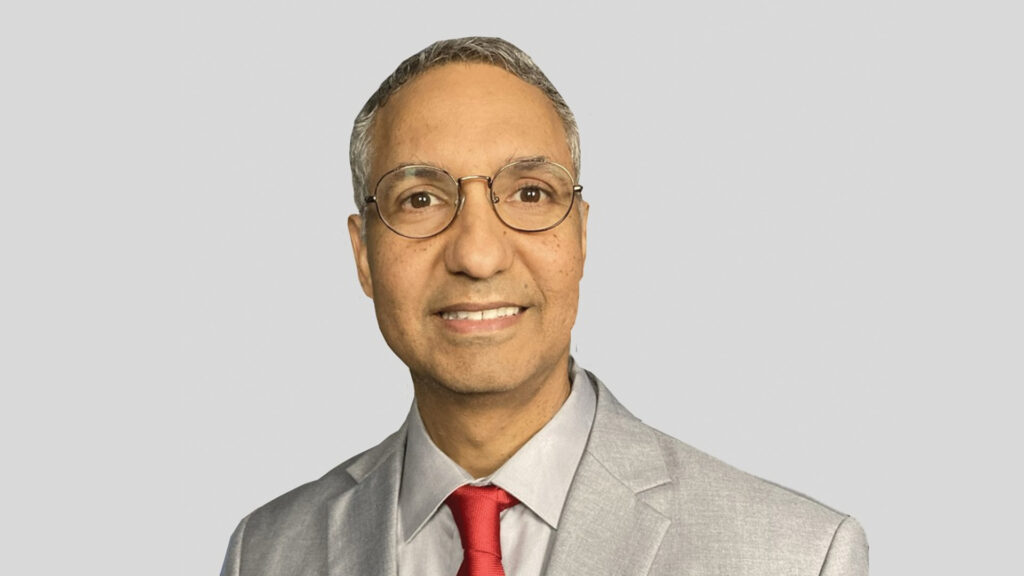The College of Social and Behavioral Sciences and Social Work has finally unveiled a new bachelor’s degree nine years in the making.
Students can now major in race and culture studies, an 80-credit degree that focuses on integrating literature, history, sociology and cultural studies.
“I think all of us are very excited and hopeful about what this can do, not only as far as an option for students, but for this campus,” said Dr. Deirdre Almeida, director of American Indian studies.
Almeida is tentatively taking the lead of the new major while collaborating alongside Interim Director of Africana Education Dr. Robert Bartlett and Interim Director of Chicano/Latino Education Dr. Raphael Guillory.
Students are required to take 40 credits in foundation courses such as introduction to race and culture, race, privilege and power, and liberation and social change. Students are also required to specialize in two of three areas, including Africana education, American Indian studies or Chicano/Latino education.
The process of establishing this major was a long one, according to Almeida. Students in EWU’s three racial diversity programs wanted to see degrees offered in their particular fields of study. The university president at the time, Dr. Steven Jordan, knew introducing new majors in each of those three areas would be too expensive.
“It was not financially feasible to start three individual majors. There’s a growth process and everything you have to go through,” Almeida said. “There’s a lot of paperwork that has to be done. What [Jordan] proposed in 2004 was a joint major in [what he called] ethnic studies.”
Over the course of the next few years, Almeida worked alongside colleagues in the three racial diversity programs to create a major that would complement all three areas of study.
“We decided to take an approach that was more along the lines of critical race theory as opposed to ethnic studies,” Almeida said. “And we also designed it so that each of the three programs still maintained their autonomy and their own identity and that wouldn’t be jeopardized. We weren’t looking to do a merging of all of [them].”
The proposed major was rejected once, and then interest waned until 2010.
“In 2010 they approached us again. So we worked last year again to get this major through the [Undergraduate Course and Program Approval Committee] and all of the committees,” Almeida said. “We had a really good team and really good support from some of the administrators on campus, and it finally got approved.”
An inaugural event for the Race and Culture Studies major was held Jan. 16. Dr. Gary Okihiro, an international and public affairs professor at Columbia University and founding director of Columbia’s Center for the Study of Ethnicity and Race, was the guest speaker.
“It’s a great symbolic meaning that present here are the students of this university, faculty, a trustee, the dean of the college and the university president,” Okihiro said. “It is rare that you will find that at an inauguration of a race and culture major. I think that this university is very serious about this major.”
Dean of the College of Social and Behavioral Sciences and Social Work Dr. Vickie Shields also spoke at the event, emphasizing how any student could benefit from studying race and culture.
“The major is for anyone, and I want to underscore anyone, and everyone, who wants to critically study this racial tapestry that defines our culture and our world that is always evolving and changing, but defines us nonetheless,” she said.
Race and culture studies graduates can consider careers as foreign affairs officers, legislative aides, community planners, employment counselors, lawyers, human services workers or human resource specialists, amongst many others.
Almeida said she hoped students who study race and culture leave the major feeling empowered.
“I would hope that they … empowered themselves with an understanding of how race, privilege and power are linked together,” she said. “The reality is our country is becoming more and more diverse, and we have to be more and more aware.”

















